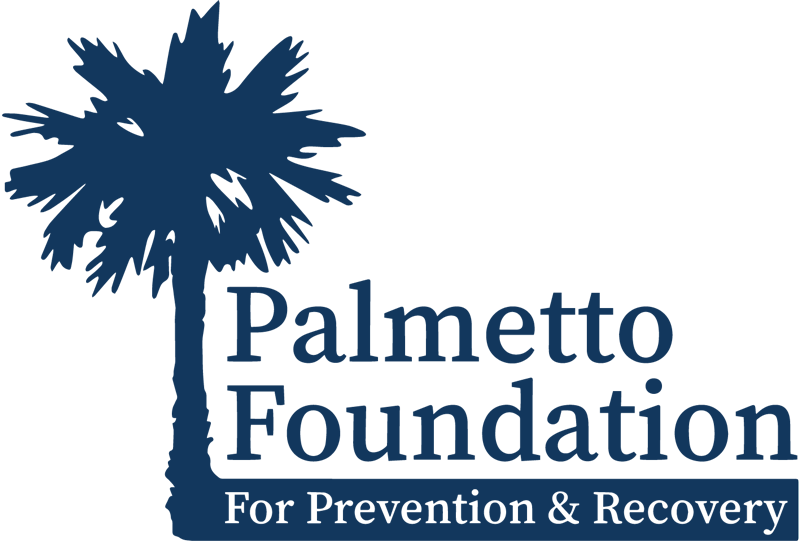FAQ
It’s simple: We want to reduce opioid-related use, addiction, and deaths. We believe we have a moral obligation to save as many young people as possible from the destruction this substance can leave in its wake. If the trend doesn’t change, nothing changes, and we stand to lose a staggering number of talented young people to this preventable epidemic.
We believe our resources will help those who may be struggling with addiction, educate young people about the impact of opioid use and aid in prevention, and provide an effective community-engagement channel for government and educational institutions involved in this life-saving fight.
We know that opioid use and substance use is dangerous and destructive. It makes the mind and body useless, sapping energy and abilities and changing the way the brain functions long-term. It is illegal, offering the real possibility of legal issues, fines, and jail time. And it can have highly regrettable, life-long results including: ending education, job loss, bankruptcy, criminal record, rape, unwanted pregnancy, disease and health changes, breaking up families and friends, etc.
STAY CONNECTED – Make time for people who may be at risk and reach out to those you know are struggling. Get together for coffee, meet for a walk, invite them to a school or community event or church gathering. Help them understand that there are people who care about them and are always there to listen and support.
SPEAK OUT – Be a confident advocate against substance abuse. If you think someone is in danger, talk to them. If that’s not comfortable, talk to someone you trust. At school: Ask a teacher, coach, school counselor, or community officer for help. At home: Reach out to a family member, friend, healthcare professional, or religious leader.
GET INVOLVED – Volunteer for substance abuse initiatives. If you’re a student, become a peer mentor; if you’re an adult, become a mentor advisor or leader. Participate in community forums and focus groups, and learn about drug laws. You may even wish to take courses and become authorized to volunteer in a treatment or recovery facility.
DONATE – Contribute to or raise funds for foundations and organizations that daily generate awareness, promote prevention, and support recovery. At the Palmetto Foundation, our donor support means our programs are free!
Types of Addictions: https://drugfree.org//article/types-of-addiction-treatment/
Types of Treatment: https://drugfree.org/article/navigating-the-treatment-system/
How To Pay for Treatment: https://drugfree.org/article/how-to-pay-for-addiction-treatment/
State Agency for Alcohol & Substance Abuse: daodas.sc.gov
Embrace Recovery SC: embracerecoverysc.com
Recovery Resource: https://facesandvoicesofrecovery.org/
FAVOR SC: https://favorsc.org/
Fentanyl Facts: https://www.familiesagainstfentanyl.org/
Recovery Resource: Couragecenter.com
Local AA: https://www.area62.org/
Local NA: https://www.crna.org/south-carolina/
S.M.A.R.T. Recovery (CBT): https://www.smartrecovery.org/
Celebrate Recovery: https://www.celebraterecovery.com/
